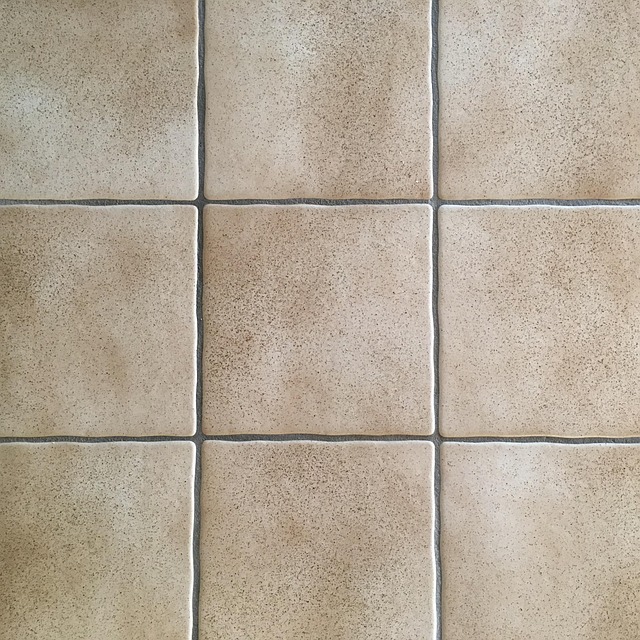Teeth Care Guide: Daily Habits and Dental Health
Good teeth care supports comfort, function, and a confident smile throughout life. Simple daily habits, timely visits to a dentist, and attention to diet and injury prevention reduce the risk of cavities and gum problems. This article explains practical steps for maintaining healthy teeth, what to do for common tooth issues, and how preventive dental care fits into everyday routines.

This article is for informational purposes only and should not be considered medical advice. Please consult a qualified healthcare professional for personalized guidance and treatment.
How often should you see a dentist?
Routine dental visits help detect small problems before they become more serious. Most dental professionals recommend checkups and cleanings every six months for routine preventive care, though individual needs vary. People with a history of gum disease, frequent cavities, or certain medical conditions may need more frequent monitoring to protect oral health.
During a dental visit, a dentist will examine teeth and gums, check for signs of decay, and may take X-rays when necessary. Professional cleanings remove hardened plaque that brushing cannot, and the visit provides an opportunity to discuss symptoms like sensitivity, pain, or changes in your smile.
How should you care for your teeth daily?
Daily dental care is the foundation of oral health. Brush at least twice a day with a fluoride toothpaste, using a soft-bristled brush and gentle circular motions to clean all tooth surfaces. Replace your toothbrush every three to four months or sooner if bristles fray. Spend about two minutes brushing to cover each quadrant of the mouth effectively.
Flossing once a day removes plaque and food debris between teeth where a brush can’t reach. Rinsing with a fluoride mouthwash can add protection, especially for people at higher risk of cavities. Limit sugary snacks and acidic beverages, and drink water after meals to help neutralize acids that can erode enamel.
What to do if you chip or lose a tooth?
Minor chips and cracks can often be managed at home temporarily, but professional care is important to prevent infection and restore function. For a small chip, rinse your mouth with warm water, apply a cold compress to reduce swelling, and save any broken pieces if possible. Contact a dentist promptly to evaluate the damage and discuss options like bonding or a crown.
If a tooth is completely knocked out, time is critical. Hold the tooth by the crown (avoid touching the root), rinse it gently if dirty, and try to reinsert it into the socket if possible. If reinsertion isn’t feasible, keep the tooth moist by placing it in milk or saline and seek emergency dental care immediately. The dentist will assess and recommend treatment based on the situation.
How can you protect your smile?
Protecting your smile goes beyond brushing — it includes lifestyle choices and protective measures. Wearing a mouthguard during contact sports or high-risk activities reduces the chance of tooth injury. Avoid using teeth as tools to open packages or bite non-food items, which can fracture enamel or dislodge restorations.
Diet plays a key role; limit frequent snacking on sugary or sticky foods and choose tooth-friendly options like cheese, nuts, and raw vegetables. Smoking and tobacco use increase the risk of gum disease and tooth staining; quitting or reducing tobacco improves both oral health and overall well-being. Regularly inspect your smile in good light and report any persistent changes to your dentist.
What does preventive dental care include?
Preventive dental care combines daily home habits with professional services to reduce disease risk. Sealants can be applied to the chewing surfaces of molars to block bacteria and food particles, and fluoride treatments during dental visits can strengthen enamel for those at higher risk. Routine cleanings remove plaque and tartar that contribute to gum disease and decay.
Education is part of preventive care: a dentist or hygienist can demonstrate proper brushing and flossing techniques and tailor recommendations based on your age, medical history, and risk factors. For children, adolescents, and adults, establishing consistent preventive routines helps maintain teeth and gum health across the lifespan.
Conclusion
Consistent teeth care involves daily hygiene, smart dietary choices, protective habits, and regular attention from a dental professional. By combining home routines with preventive dental care and timely treatment for injuries or symptoms, you can support the long-term health and function of your teeth and preserve a healthy smile.






